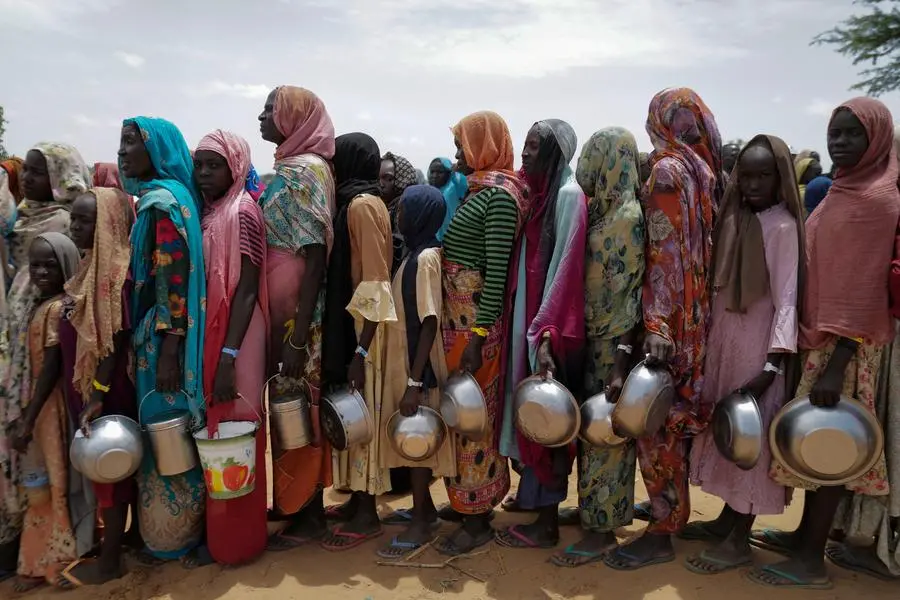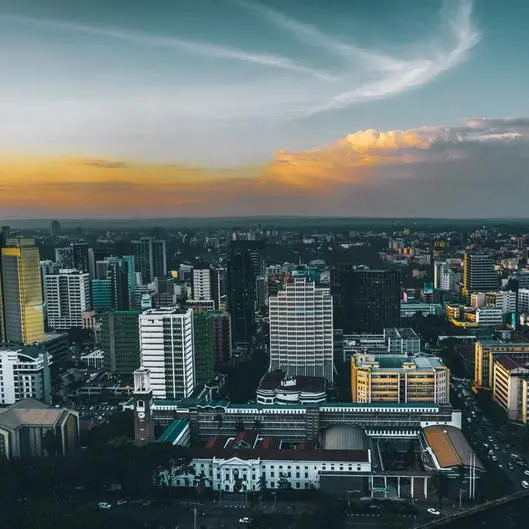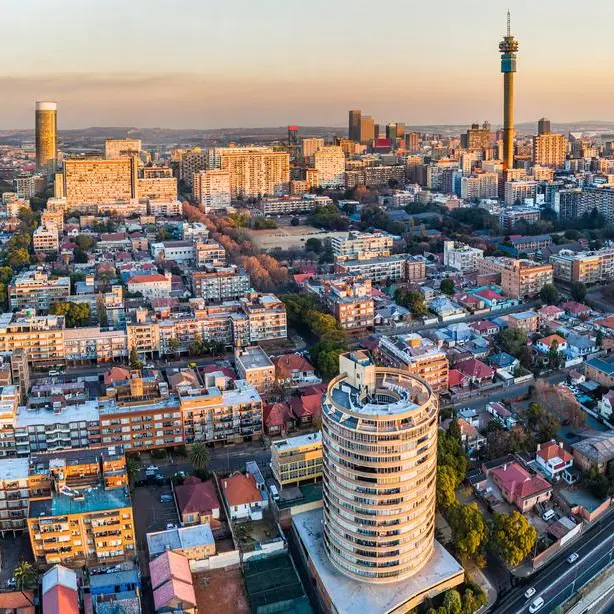PHOTO
CAIRO - Families in Sudan's conflict zones could experience famine-like hunger by next summer, the United Nations has warned, while some in the war-ravaged capital are surviving on a single, meagre daily meal.
Some 30 million people, almost two thirds of the population, are in need of assistance in Sudan according to the UN, double the number before fighting broke out between the army and Rapid Support Forces (RSF) in mid-April.
"More and more people are struggling to eat a basic meal a day, and unless things change there is a very real risk they won't even be able to do that," said WFP country head Eddie Rowe.
According to the U.N.'s Integrated Food Security Phase Classification (IPC), some 18 million people urgently need humanitarian food assistance, the highest number on record for the country's more plentiful harvest season.
They are concentrated in the capital Khartoum, where more than half face acute food insecurity, and the densely packed cities and towns that have seen fighting in the Darfur and Kordofan regions.
According to the IPC, if conditions don't improve by May, families would start to experience "catastrophic" hunger, meaning they would starve to death without assistance, having depleted their assets and run out of options.
A famine is declared by a government when 20% of households in a particular geographic area are at the catastrophic stage.
The conflict has devastated Khartoum and sparked ethnically driven killings in Darfur. Both sides have been accused of seizing supplies and hampering aid workers' access.
In al-Shajara, a southern Khartoum neigbourhood around the army's besieged Armoured Corps, a volunteer said the RSF had taken most supplies heading for the 2,000 people who haven't fled the area.
"The siege makes it difficult to do anything. Even if you have money, you can't spend it," said Gihad Salaheldin, who works in the emergency response room, a network of volunteer groups that have provided most on-the-ground assistance in Khartoum.
After more nutritious chickpeas ran out, volunteers managed to find two 25-kg sacks of cornflour, from which they make a gruel sweetened with a remaining sack of sugar. It is expected to last four days.
"After that we are leaving it up to God," Salaheldin said.
INSUFFICIENT AID
Estimates of those going hungry have been revised upwards by the IPC as fighting expands, decimating local markets and impacting agriculture. Family savings are drying up even as prices rise for costly imports.
The area farmers planted during this year's season was 15% smaller than the average for the past five years, and production of key staples sorghum and millet fell by 24% and 50% compared to 2022, the Food and Agriculture Organisation (FAO) said last month, as limited financing and below-average rains hit Sudan's already struggling farmers.
WFP and other aid agencies struggle to safely access people in the worst-affected conflict zones and have had to focus aid on more peaceful areas.
The agency has reached Khartoum, where a few million people still live, only once in the last three months, distributing food to 100,000 in the Karari locality during a lull in the fighting.
And funding shortfalls mean that even in safe areas, some are turned away.
"We have crowds lining up in places like Gezira where people have fled to, but we don't have enough to support everyone," said WFP spokesperson Leni Kinzli.
The U.N.'s 2023 appeal for Sudan is only one-third funded, in line with similar crises apart from Ukraine, which is 56% funded.
It is asking for $4 billion next year to address the needs of people impacted by the war inside and outside Sudan.
(Reporting by Nafisa Eltahir; Editing by Aidan Lewis and Nick Macfie)





















